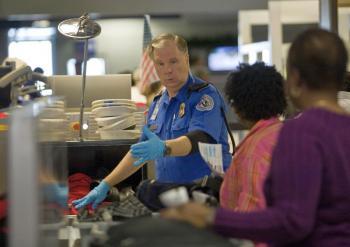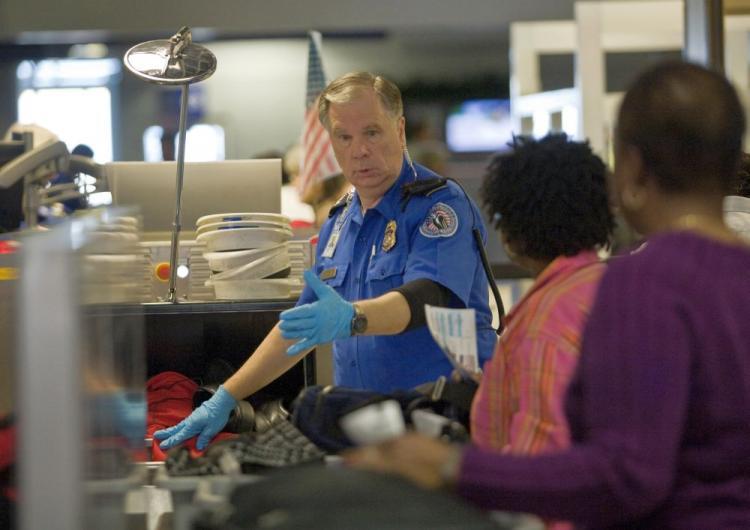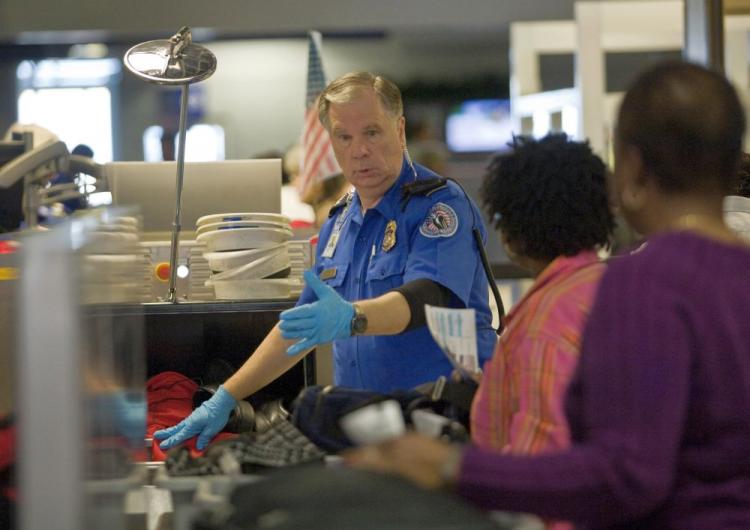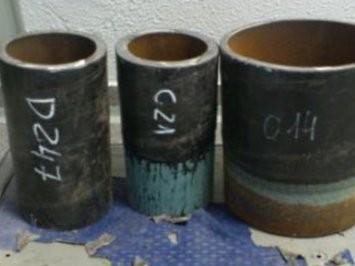Airline Attack Suspect Tied to al-Qaeda
Nigerian man charged with attempting to blow up a Northwest Airlines plane claimed tie with al-Qaeda operatives.

TSA officer screens airline passengers in Terminal C at Dallas/Fort Worth International Airport Dec 27 in Dallas, Texas. Pre-flight screenings were stepped up after Umar Farouk Abdulmutallab, 23, of Nigeria allegedly tried to blow up a Northwest Airlines Tom Pennington/Getty Images
|Updated:





